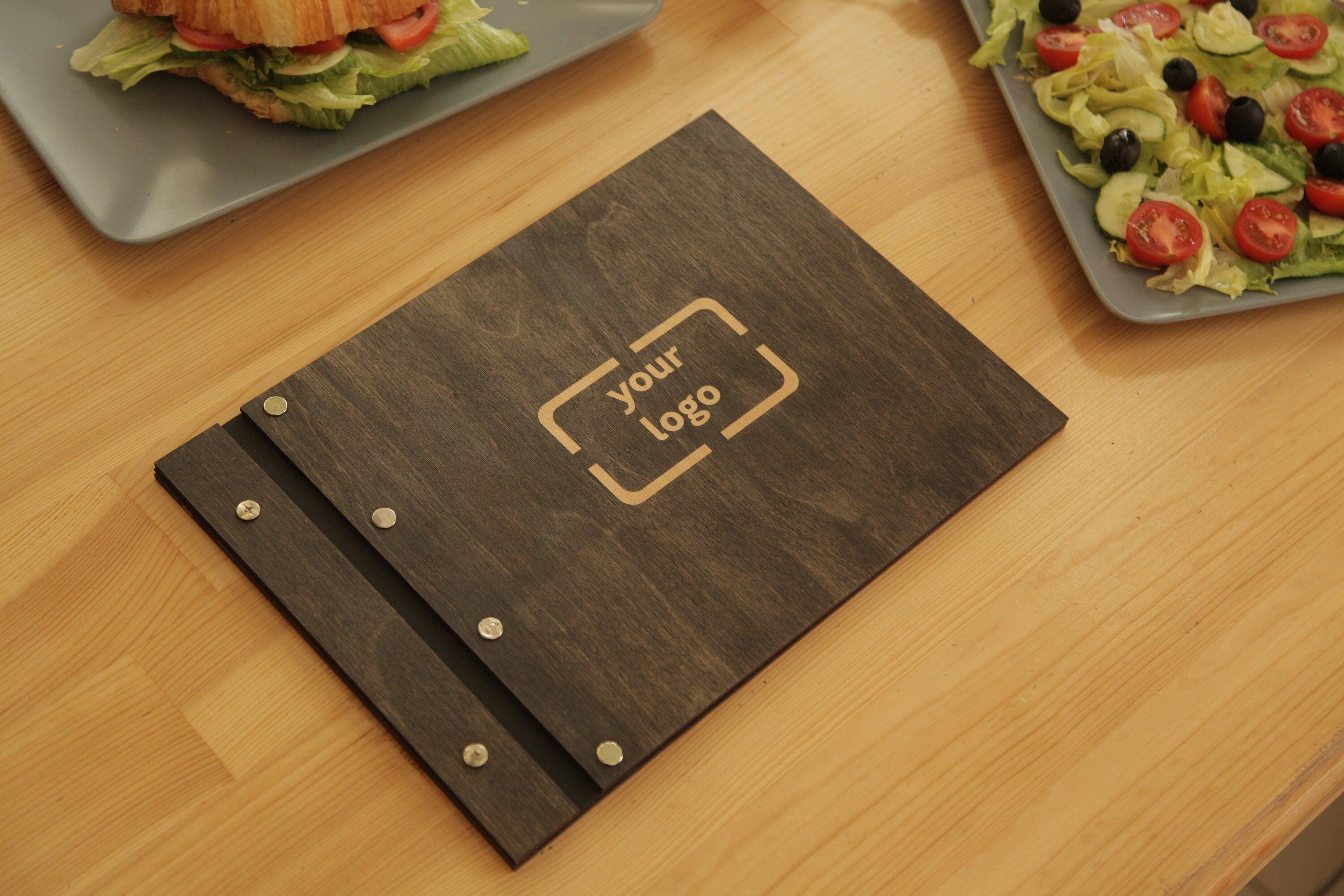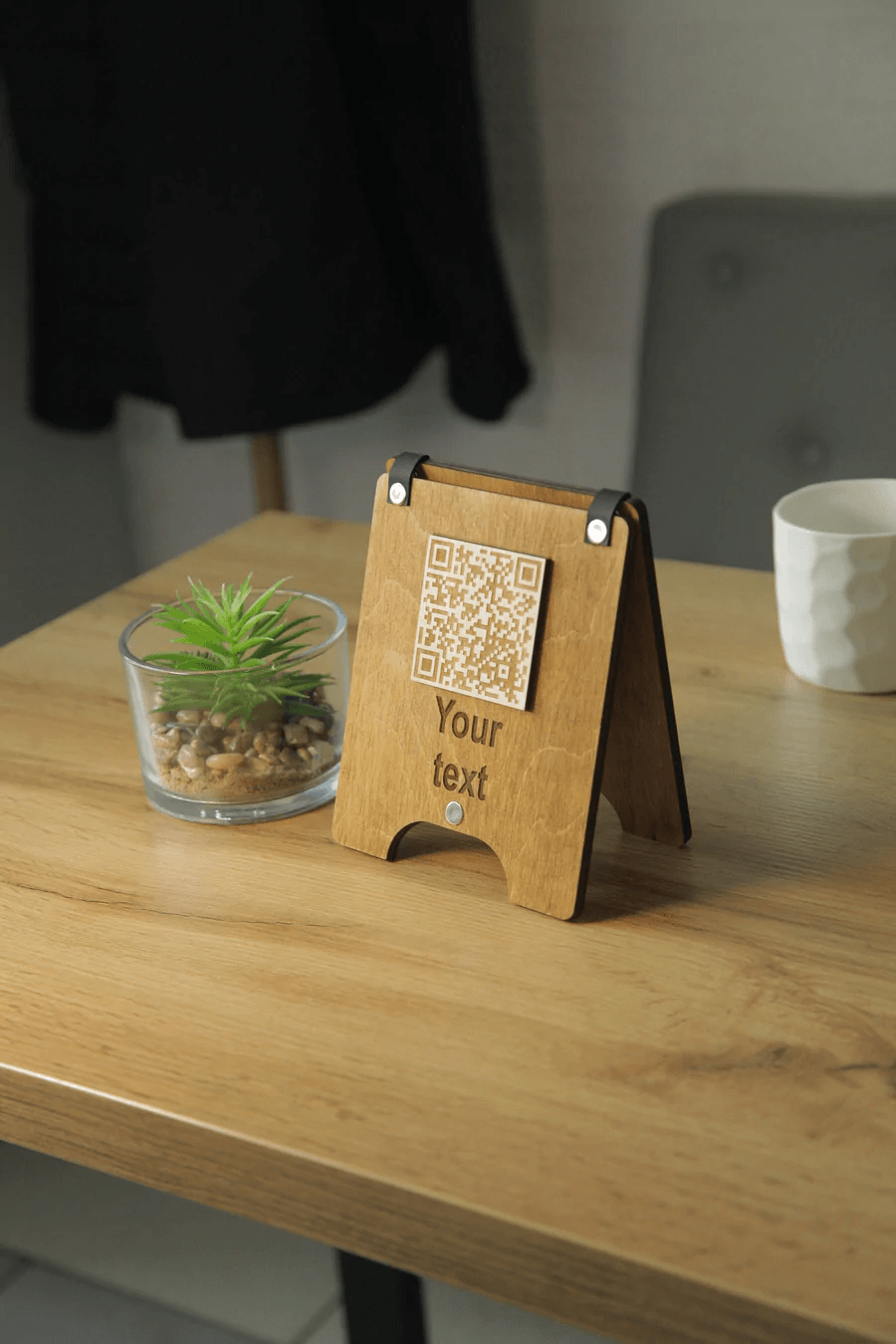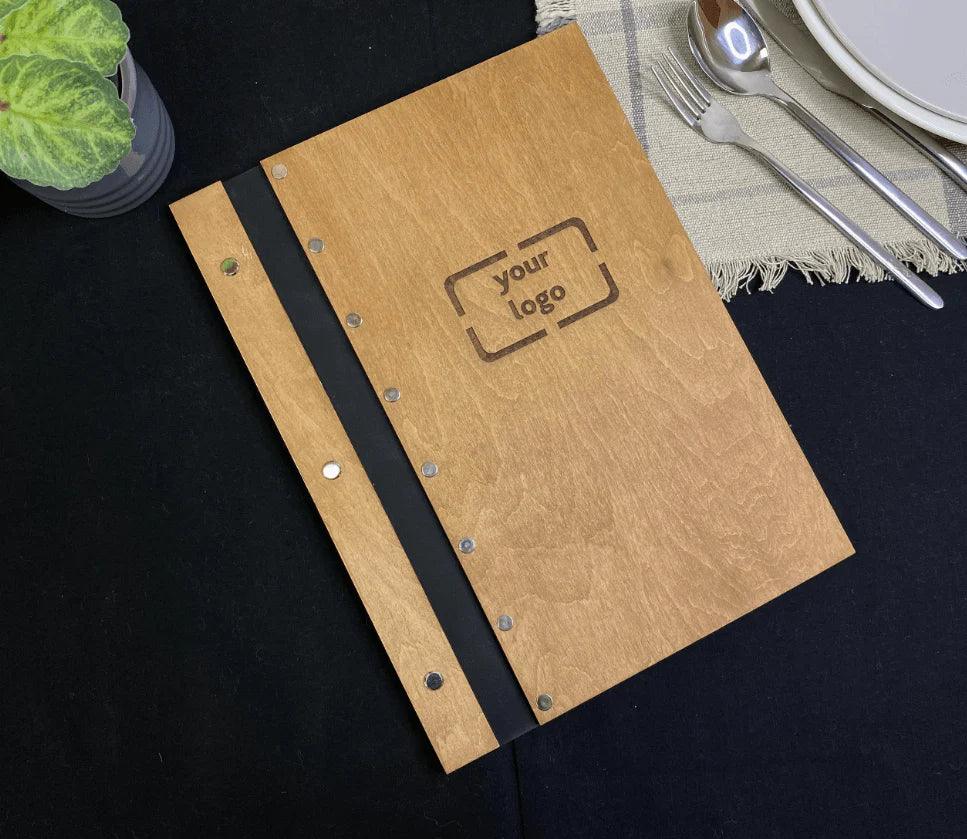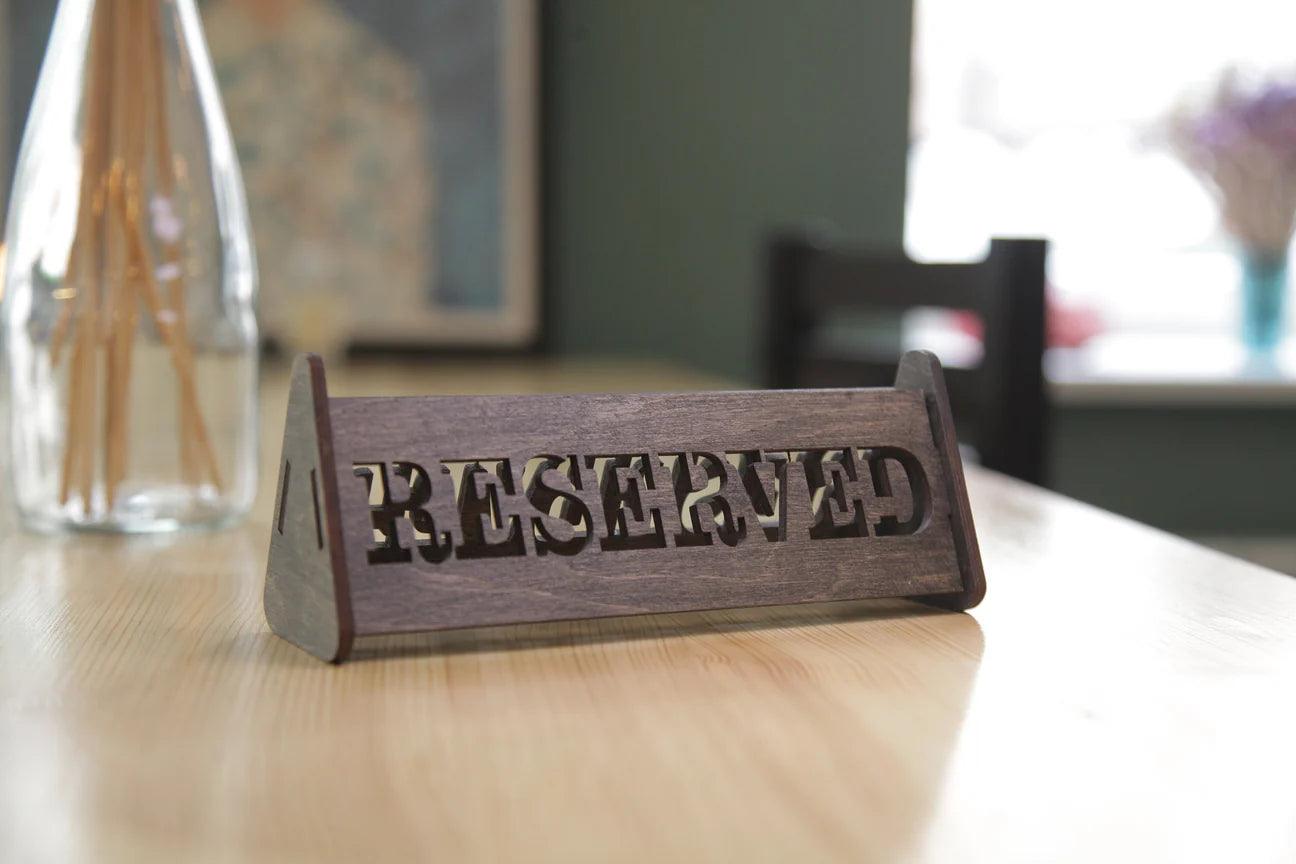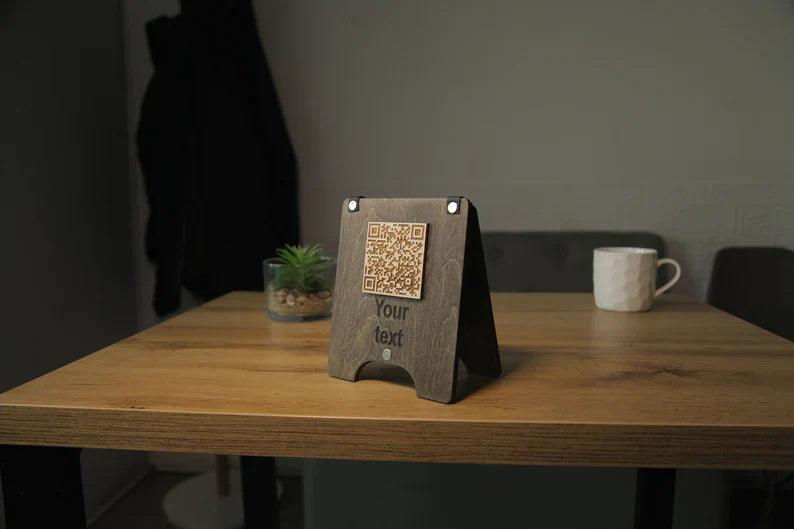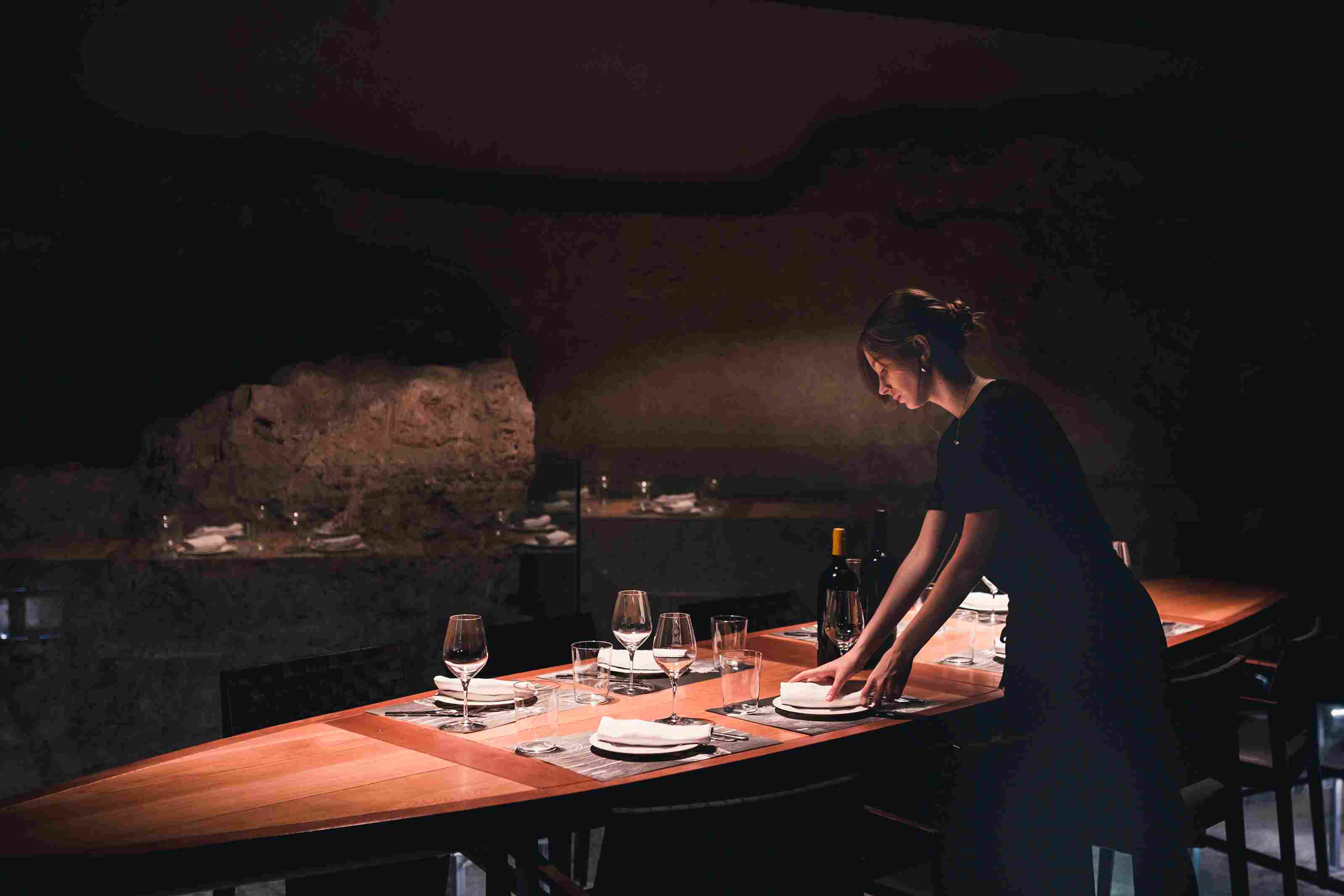
10 Tips for Building a Strong Culture of a Restaurant
Your restaurant's culture determines whether staff dread coming to work or genuinely look forward to their shifts. Industry turnover rates hover around 74% annually - a staggering figure that drains resources and disrupts service quality. Restaurants with intentional cultures see dramatically different results. Teams work together smoothly during rushes. Customers notice the difference immediately. These ten practical strategies help create workplaces where employees want to stay and guests become regulars.

Key Takeaways
- Restaurant culture is the shared attitudes, behaviours, and standards that shape your establishment's character
- Strong workplace environments cut staff turnover by up to 40% compared to industry averages
- Mission statements and clear values form the backbone of excellent service delivery
- Open team communication builds trust and keeps problems from escalating
Understanding Restaurant Culture and Its Impact
Think of restaurant culture as your establishment's personality. Restaurant values, daily communication patterns, workplace atmosphere, and shared goals combine to create an environment that either energises or exhausts your team.
The numbers tell a compelling story. Restaurants with positive cultures experience 40% lower turnover compared to struggling establishments. Customer satisfaction jumps by 25% when staff feel genuinely engaged. Teams in supportive environments solve problems faster and show real commitment to guest experiences.
Today's workforce expects more than just competitive wages. Post-pandemic shifts changed everything - employees want meaningful work environments where they feel respected and heard. Guests pick up on this energy instantly. They can tell when staff care versus when they're just going through the motions.
Money talks too. Replacing one restaurant employee costs roughly £3,000 between recruitment, training, and lost productivity. Smart operators who build strong restaurant cultures slash these replacement costs whilst building fierce guest loyalty through consistent service.
The ripple effects extend beyond your immediate team. Happy staff create positive energy that attracts better job candidates. Satisfied customers become walking advertisements. Strong cultures become competitive advantages that can't be easily copied.
The 10 Essential Tips for Building Strong Restaurant Culture
1. Establish Clear Restaurant Values and Mission
Solid restaurant values anchor every decision your team makes, especially during chaotic dinner rushes or difficult customer situations. Skip the corporate jargon - pick values that actually reflect how your restaurant operates.
Choose three to five core principles that ring true for your establishment. Popular choices include genuine hospitality, food quality excellence, seamless teamwork, community involvement, and constant learning. Make them memorable and specific to your operation.
Your mission statement should connect these values to guest experiences. Keep it simple enough that servers can recite it naturally. Something like: "We turn every meal into a memory through fresh ingredients, warm service, and flawless execution."
Living these values requires daily reinforcement. Post them where staff can see them regularly. Reference them during training. Use them when making tough decisions. When hiring, ask candidates how they'd handle situations that test your core principles.
Every detail should reflect your standards. Quality Menu Covers show guests you care about presentation from the moment they sit down. These small touches communicate your commitment to excellence before the first order gets placed.
2. Lead by Example as Management
Restaurant culture flows downward from management behaviour. Staff watch what you do far more than they listen to what you say. This reality makes authentic leadership absolutely crucial.
Stay calm during kitchen disasters or customer complaints. Your reaction sets the temperature for everyone around you. Show appreciation publicly. Handle problems privately. Maintain professional standards even when everything's falling apart.
Treat mistakes as learning opportunities rather than blame sessions. When orders get mixed up or accidents happen, focus on solutions first. This approach encourages honest communication and reduces the fear that kills good decision-making.
Back your team when customers get unreasonable. Staff need to know you'll support them during difficult situations. Visible management support creates psychological safety that actually improves performance.
Walk the walk consistently. Arrive early if punctuality matters. Check tables personally if customer satisfaction is paramount. When your actions match your stated values, staff naturally follow your lead.
3. Prioritise Open Communication Channels
Honest communication prevents small irritations from becoming major explosions. Smart restaurants create multiple ways for information to flow freely in all directions.
Pre-shift meetings share daily information whilst building team connection. Cover specials, reservation notes, or staffing changes. Keep them brief but use these moments to energise everyone for the upcoming service.
Weekly team meetings address bigger picture concerns. Celebrate recent wins. Discuss improvement opportunities. Give everyone a chance to contribute ideas and voice concerns.
Anonymous feedback systems encourage brutal honesty without fear of consequences. Simple suggestion boxes or digital surveys work well. Act quickly on good ideas and explain your reasoning when suggestions aren't feasible.
Set clear escalation paths for different types of issues. Staff should know exactly whom to approach about scheduling conflicts, customer complaints, or equipment problems. Quick responses show that management values employee input.
Informal communication matters too. Family meals, casual check-ins during quiet periods, and occasional staff outings build relationships that make formal communication flow more naturally.
4. Invest in Comprehensive Training and Development
Thorough training builds confidence whilst showing staff you're invested in their success. Half-hearted orientation programmes create insecure employees who deliver inconsistent service.
Cover these essential areas:
- Food safety protocols and allergy procedures
- Service standards and guest interaction guidelines
- Complete menu knowledge including ingredients and preparation
- Technology systems and payment processing
- Conflict resolution and service recovery techniques
- Safety procedures and emergency protocols
Continue development beyond initial training. Cross-training builds versatility whilst demonstrating long-term investment in employee growth. Advanced techniques, product knowledge, or leadership skills show real commitment to staff careers.
Understanding how to improve restaurant service quality starts with comprehensive training that builds both competence and confidence. When staff know exactly what's expected and possess the skills to deliver, service becomes consistently excellent.
Pair newcomers with experienced mentors. This accelerates learning whilst strengthening team bonds. Veterans take pride in sharing knowledge. New employees feel supported during their adjustment period.
Schedule regular refresher sessions. Monthly skill updates, quarterly safety reviews, or seasonal menu training keep everyone sharp and current.

5. Create Meaningful Recognition Programs
Regular appreciation reinforces positive behaviours whilst boosting overall team morale. Effective recognition programmes celebrate both individual achievements and collective successes.
Try these proven recognition strategies:
- Monthly employee spotlights with genuine rewards
- Peer nomination systems encouraging team appreciation
- Performance bonuses tied to specific accomplishments
- Public acknowledgement during staff meetings
- Social media features celebrating outstanding service
- Work anniversary celebrations recognising loyalty
Make praise specific and timely. Instead of generic compliments, highlight particular actions that demonstrate your values. "James' quick thinking during the power outage kept service running smoothly" carries real weight.
Personalise rewards whenever possible. Some staff love public recognition. Others prefer private acknowledgement. Understanding individual preferences makes appreciation more meaningful.
Track recognition fairly across all team members. Everyone contributes differently, but everyone deserves acknowledgement. Uneven recognition breeds resentment that undermines cultural progress.
6. Foster Team Building and Camaraderie
Strong personal relationships create work environments where staff genuinely care about collective success. Team building happens through daily interactions, not just occasional social events.
Use pre-shift time for quick team connection beyond operational briefings. Share recent customer compliments. Acknowledge someone's great work from yesterday. Build positive energy before service begins.
Family meal traditions serve practical and social purposes. Staff need to eat before busy periods. Use this time for relaxed conversation and personal connection that translates into better workplace collaboration.
Plan periodic outings that allow interaction outside work pressures. Group dinners at other restaurants, seasonal parties, or volunteer activities create shared experiences that strengthen team unity.
Cross-training builds practical skills whilst fostering mutual respect between roles. Kitchen staff appreciate front-of-house pressures when they shadow servers. Waitstaff understand culinary challenges through kitchen exposure.
Celebrate personal milestones like birthdays, promotions, or major life events. Small gestures show you value people as individuals beyond their job functions.
7. Maintain Professional Standards and Presentation
Physical appearance and environmental standards reflect your cultural values whilst influencing team pride and guest perceptions. Consistent professionalism demonstrates commitment to excellence in every detail.
Establish specific uniform and grooming standards that match your restaurant's personality. Whether you're running a casual bistro or upscale dining room, appearance guidelines should be clear, reasonable, and equally enforced.
Keep everything spotlessly clean throughout your operation. Organised, sanitary workspaces boost staff pride whilst ensuring food safety and guest comfort. Regular deep cleaning prevents standards from slipping during busy periods.
Invest in professional service tools that support excellent presentation. Quality Check Presenters show attention to detail in every guest interaction whilst making staff jobs easier and more efficient.
Fix maintenance issues immediately. Broken equipment, damaged furniture, or worn fixtures send mixed messages about standards. They also frustrate staff trying to do their jobs properly.
Develop systems that maintain standards during peak volume. Cleaning checklists, equipment checks, and appearance standards ensure consistency regardless of how busy you get.

8. Implement Fair Scheduling and Work-Life Balance
Respecting personal time shows genuine care for employee wellbeing whilst building loyalty that reduces costly turnover. Fair scheduling creates stability that enables better work performance.
Post schedules at least two weeks ahead. Advance notice allows staff to arrange childcare, second jobs, or personal commitments without creating conflicts that stress everyone.
Create transparent systems for shift swaps and time-off requests. Clear procedures eliminate favouritism whilst giving staff flexibility to manage life outside work. Digital platforms can streamline these processes whilst maintaining fairness.
Avoid last-minute schedule changes except for real emergencies. Frequent changes create stress and show disrespect for employee personal time. When changes are unavoidable, provide maximum notice and consider compensating for the inconvenience.
Honor availability requests and vacation needs. Staff who feel their personal time is respected show greater commitment during work hours. Reasonable accommodation demonstrates mutual respect.
Offer consistent scheduling for staff who prefer routine over flexibility. Some employees want predictable patterns rather than varied arrangements. Accommodating these preferences often improves retention.
9. Encourage Innovation and Staff Input
Including staff in decision-making creates ownership whilst tapping valuable frontline insights. Your team interacts directly with guests and processes, providing perspectives management often misses.
Start suggestion programmes that encourage operational improvements. Servers understand guest preferences intimately. Kitchen staff know preparation realities. Their insights can dramatically improve both satisfaction and efficiency.
Welcome menu input from experienced team members. Front-of-house staff know which dishes guests love and which ones cause confusion. Back-of-house teams understand what's realistic to execute consistently.
Create regular opportunities for process innovation. Monthly team discussions about workflow improvements, service techniques, or efficiency gains engage staff creativity whilst driving continuous improvement.
Reward innovative thinking even when suggestions aren't implemented. Public acknowledgement encourages continued participation whilst showing that management values creative contribution.
Include staff in problem-solving when operational challenges arise. Collaborative approaches often generate better solutions whilst building team investment in successful outcomes.
10. Address Issues Promptly and Fairly
Quick, fair conflict resolution maintains trust whilst preventing small problems from poisoning overall culture. Consistent approaches to addressing issues show management commitment to fairness and professional standards.
Develop clear disciplinary procedures that emphasise improvement over punishment. Progressive approaches give staff opportunities to address performance concerns whilst maintaining team cohesion.
Handle personality conflicts through structured mediation. Restaurant environments naturally create tensions, but professional conflict resolution prevents these from escalating into culture-damaging feuds.
Conduct regular performance reviews that provide constructive feedback and development planning. Formal processes ensure consistent evaluation standards whilst giving staff clear improvement pathways.
Support struggling employees appropriately. Whether issues stem from personal challenges or skill gaps, proper assistance shows care whilst protecting overall team performance.
Document everything consistently. Fair treatment requires uniform application of standards. Proper documentation ensures accountability whilst protecting both employees and management.
Measuring and Maintaining Your Restaurant Culture
Culture building needs ongoing assessment and adaptation. Regular monitoring keeps initiatives effective whilst identifying areas requiring attention.
Track these key indicators:
- Monthly staff satisfaction surveys measuring culture health
- Customer review analysis identifying service trends
- Turnover rates by department and length of service
- Exit interview insights revealing improvement opportunities
- Performance metrics including productivity and quality measures
Quarterly culture reviews provide comprehensive evaluation opportunities. Analyse survey results, review performance trends, and gather management observations to spot strengths and development needs.
Adapt cultural approaches based on feedback and changing circumstances. Restaurant operations evolve constantly. Cultural strategies must remain relevant and effective. Stay current with restaurant trends and proven restaurant management practices to keep your approach fresh.
Build accountability systems that protect cultural standards during busy periods. When operational pressure mounts, culture often suffers unless specific measures guard these priorities.
Celebrate cultural progress and milestones. Recognition of improvement reinforces the value of cultural investment whilst motivating continued effort from everyone.

Building Your Restaurant's Cultural Legacy
Strong restaurant culture develops through consistent daily actions rather than dramatic policy announcements. These ten strategies provide practical frameworks for creating environments where staff genuinely want to contribute and guests receive memorable experiences.
Pick one or two initiatives that match your current situation and capacity. Gradual implementation allows proper attention to each element without overwhelming existing operations. Once initial changes take hold, expand efforts to additional areas.
Culture building is an investment with compound returns. Early efforts may seem slow to produce results, but persistence creates momentum that eventually becomes self-sustaining. Teams that embrace strong values naturally reinforce these standards amongst themselves.
Build strong restaurant culture through authentic leadership, transparent communication, and genuine care for both staff and guests. Success comes from consistent everyday choices rather than sweeping changes.
Professional presentation supports cultural values whilst demonstrating commitment to excellence. Quality suppliers like KyivWorkshop provide restaurant essentials that reflect your cultural standards, supporting the professional environment that strong cultures require.
Your cultural legacy extends beyond current operations. Staff carry these experiences into future roles. Guests remember exceptional service for years. Positive cultures contribute to industry-wide improvement. Today's investment in building strong culture creates lasting impact that ripples far beyond your restaurant's doors.


